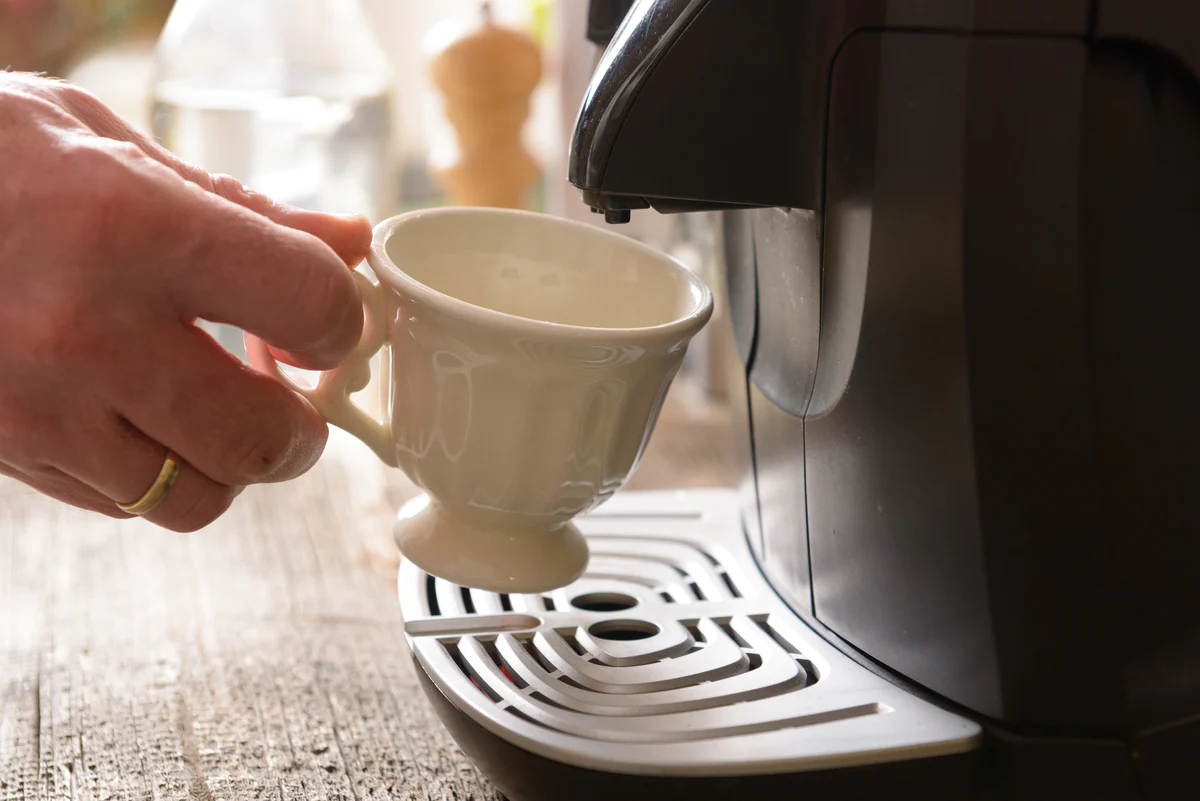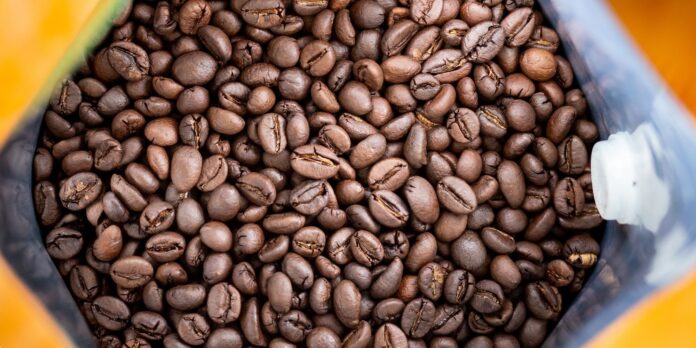Coffee, often hailed as the elixir of the morning, is a staple in households and offices worldwide. Its aroma, taste, and energizing properties are cherished by millions, but there’s a crucial factor that often goes unnoticed: freshness. The longevity and freshness of coffee are pivotal to its taste and quality. This article delves deep into the shelf life of coffee, exploring various factors that affect its duration and providing essential tips to maintain its freshness.
Coffee Shelf Life
The shelf life of coffee varies based on its form. Generally, it can be categorized into whole beans, ground coffee, and instant coffee. Whole beans, when stored properly, can retain freshness for up to a month after being roasted. Ground coffee, on the other hand, tends to lose its flavor more quickly due to a greater surface area exposed to air, typically staying fresh for about one to two weeks. Instant coffee, with its reduced oil content and moisture, boasts a longer shelf life, remaining good for months or even years if unopened and stored in a cool, dry place.
Factors Influencing Coffee Freshness

As explained by experts from Lux Cafe Club, several factors play a role in determining how long it stays fresh. Exposure to air, light, heat, and moisture are the main culprits that accelerate the degradation process. When it is exposed to air, oxidation occurs, leading to stale and flat flavors. Light and heat can also trigger chemical reactions in the beans, altering its flavor profile. Moisture can lead to mold growth and further deterioration.
The Role of Roasting in Coffee Shelf Life
Roasting is more than just a process to achieve flavor; it significantly influences the coffee’s shelf life. Dark roasts, having lost more moisture and oils during roasting, tend to have a shorter shelf life compared to lighter roasts. The roasting date, often stamped on coffee bags, is a crucial indicator of freshness. The closer you are to the roasting date, the fresher the coffee will be.
Packaging and Storage
How you store coffee plays a pivotal role in preserving its freshness. Coffee should be stored in a cool, dark place in an airtight container to protect it from air, light, and moisture. Avoid clear containers as they allow light to penetrate, and refrain from storing coffee in the fridge or freezer, as this can introduce moisture and absorb odors.
The Grind

Grinding is an act of commitment to making a fresh cup. Once coffee is ground, its freshness deteriorates rapidly. To enjoy the full spectrum of flavors, it’s best to grind it just before brewing. If pre-ground coffee is your only option, use it within a week or two for optimal taste.
End Note
In conclusion, the freshness of coffee is a journey that begins from the moment the beans are roasted and ends in your cup. By understanding the factors that affect coffee’s shelf life and adhering to best storage and brewing practices, you can ensure every cup you drink is as fresh and flavorful as possible. Remember, fresh coffee is not just a beverage; it’s an experience.




